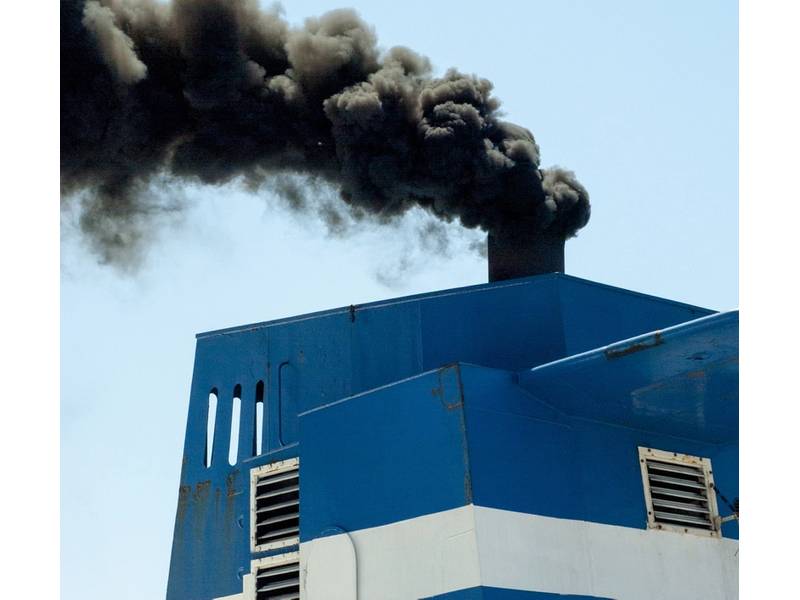ICS Seeks Stricter CO2 Reduction Objectives
At its AGM in Istanbul, the International Chamber of Shipping (ICS) agreed to urge the International Maritime Organization (IMO) to adopt some dramatic CO2 reduction objectives – on behalf of the international shipping sector as a whole – in order to match the ambition of the Paris Agreement on climate change.
In a submission to IMO Member States, being made in conjunction with other shipping organizations, ICS will propose that IMO should adopt three Aspirational Objectives:
- To maintain international shipping’s annual total CO2 emissions below 2008 levels
- To reduce CO2 emissions per metric-ton-km, as an average across international shipping, by at least 50 percent by 2050, compared to 2008
- To reduce international shipping’s total annual CO2 emissions by an agreed percentage by 2050, compared to 2008, as a point on a continuing trajectory of CO2 emissions reduction
Speaking in Istanbul, ICS Chairman, Esben Poulsson, commented, “It is very important that IMO sends a clear and unambiguous signal to the global community that shipping’s regulators have agreed some ambitious objectives, with numbers and dates, for reducing the sector’s CO2 emissions, in the same way that land-based activity is now covered by government commitments under the Paris Agreement.”
ICS wants IMO to remain in control of additional measures to address CO2 reduction by ships and to develop a global solution, rather than risk the danger of market-distorting measures at national or regional level.
“Shipping has a very good story to tell about reducing CO2 but this is difficult to convey so long as there is no clear signal from IMO as to what our collective CO2 reduction objectives should be," Poulsson said.
ICS will suggest that IMO should adopt these objectives as part of the initial IMO CO2 reduction strategy to be agreed in 2018, following the adoption of an IMO Roadmap at the request of the industry in 2016.
Importantly, acknowledging concerns of developing nations about the possible impacts of CO2 reduction for trade and sustainable development, ICS emphasized that any objectives adopted by IMO must not imply any commitment to place a binding cap on the sector’s total CO2 emissions or on the CO2 emissions of individual ships.
“Dramatic CO2 reductions alongside increasing trade can only be achieved with the development of alternative fossil-free fuels – something which needs to be identified by the IMO strategy,” Poulsson emphasized.
He added, “The long term future of the industry, like the rest of the world economy, must eventually be fossil fuel free. The trajectory for getting there, not least the development of alternative fuels, could well take us several decades. But this will only be achieved if the industry itself pushes for the adoption by IMO of some suitability ambitious objectives so that all concerned are under no illusion about the scale of the task ahead.”


